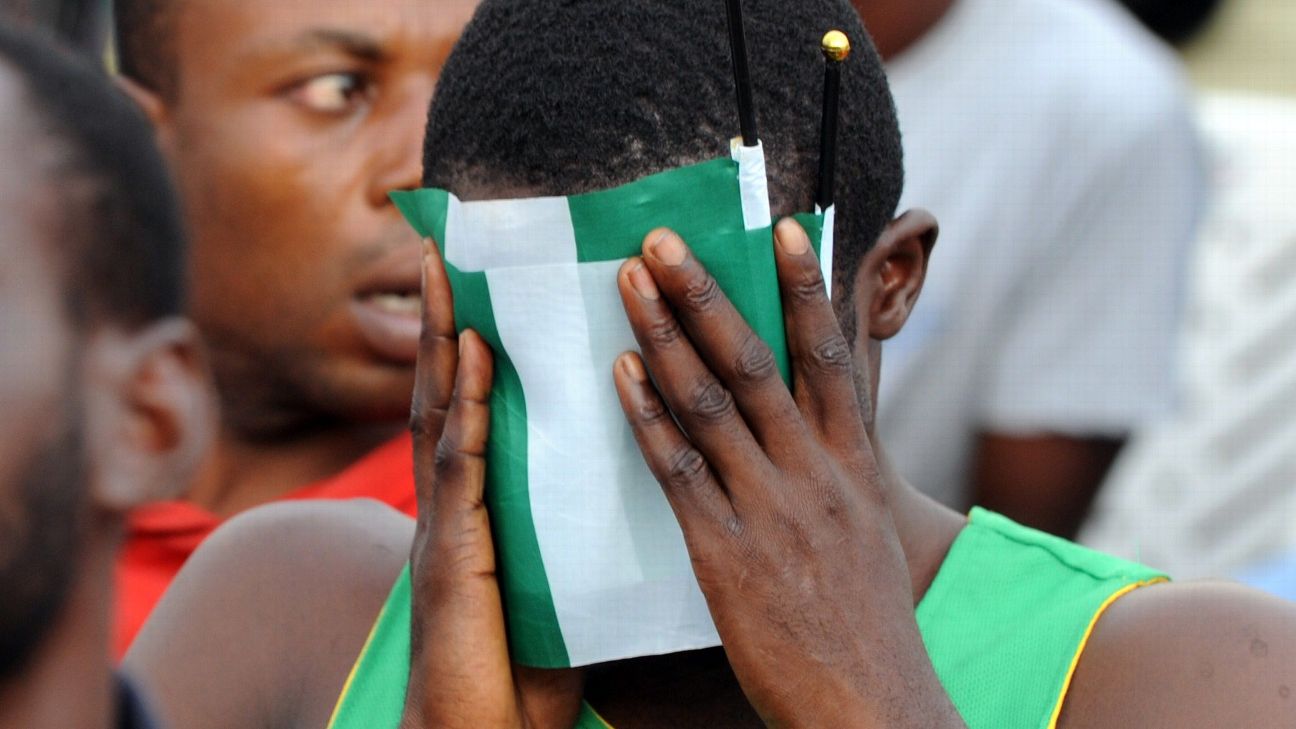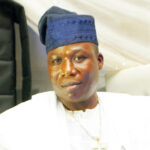The Igboho phenomenum
In comes Sunday Adeyemo Igboho. Call him a political thug, a miscreant, an illiterate, a jobber, an opposition member or Area boy. It doesn’t really matter. I will receive all of the insults on his behalf. And I will also humbly apologise on his behalf for his excesses, including the insult to the Ooni and other obas down the South West whom he accused of being slaves to money and to Fulanis. I also apologise on his behalf for the threats to some Obas and elite and threats to any ethnic nationality.
- Target vulnerable poor with COVID-19 vaccine – FG urged
Bustle, hustle inside the famous Wukari Yam Market
Igboho is not Nnamdi Kanu’s equivalent. Kanu ran away and left his people in harm’s way more than once. Kanu is fighting for a secession in which he hopes to be king. Igboho does not care about things like that from all I have seen. There is a specific problem of bandits that the likes of Igboho should be focused upon. He is certainly not a bloodsucker like Shekau, contrary to claims by Adamu Garba to that effect.
However, we have begun to see Sheikhs and governors subtly or openly justifying the ‘agitations’ of bandits. Between the bandits who kill poor villagers mercilessly in the North, and these ones who show up in the South, do they not have the entire Nigeria in a vice grip? Do we still have a President or he no longer cares? Are we expected to be sleeping through this? In fact, this fight is on behalf of every law-abiding Nigerian who has a right to peaceful and peaceable existence. We must ensure this country turns the corner and returns to some level of sanity. How can we keep living in fear of our own shadows?
Larger policy issues and considerations
I intend to consider some connected and cogent issues around what is going on, apart from the fact that some non-state actors have thoroughly mapped our forests, who may be foreigners, and that the entire country is enveloped and cornered by blood-sucking criminals. I call these ‘larger issues’ because of the implications that they portend for how these problems will be solved. These are some of the real policy issues that government must immediately engage with:
1. Autochtony – This is how the right of abode is described when a people have been living in a place for long. In the case of the Seriki Fulani of Igangan, whose house was unfortunately burnt down, alongside other property, the issue is whether the right guaranteed for any Nigerian to be able to live anywhere within Nigeria also commands that one can grab any land for free and start living there. Nigeria is not inexperienced with the matter of autochtony. Jos North used to boil because of that. The issue then was whether Berom people had a right to tell Fulani people who settled in Jos North centuries ago, that that wasn’t their fatherland. Also in the Ife-Modakeke war, the problem was whether the Modakekes – whom the Ife people were said to have granted a small piece of land centuries ago in exchange for assistance to wage wars against their enemies – had any continued right to such lands. Some of these instances saw the question being settled at the cost of thousands of dried skulls. Others haven’t quite been settled at all. International conventions have a standard that any people who have lived in a place for 200 years could be said to be from that place where they live. The problem, however, is whether in these digital times, people should still be forming camps and settlements randomly and with disregard all over the place. There is no more free land anywhere; even the Sahara Desert is fully mapped. Especially in the south of Nigeria, the space is fairly constricted.
2. Who owns the forest? It was very interesting, if not shocking, to hear Bala Mohammed, Bauchi State governor and former journalist say that the forests of Nigeria belongs to nobody. Every state has its territory and by the Land Use Act 1979, all lands but a few strategic ones are vested in the state governor. I believe that elite Fulani are being most unfair in the resolution of this problem and are exacerbating an already tense situation. Before the Land Use Act, families owned all the lands but that became very contentious. Till date, families still assert their rights in some places. No land is free, especially down south where only 25 per cent of Nigeria’s land mass is. If Bala does not know any better, what do we expect of a poor herder? This ‘freedom’ with which lands have been occupied and claimed is a recipe for disaster.
3. Land-clearing for agriculture – Of recent I have been engaging with some friends who are excited by a new push for land-clearing in Nigeria. They say that Nigeria’s true Agric revolution is around the corner because arrangements are being made to clear vast amounts of land and truly expand the space for our agriculture. One of them says we should try to put the Central Bank of Nigeria under pressure for a global fund for land-clearing, as this is the first stage of the agric value-chain and an area that Nigeria has largely neglected. One account says that we have utilised only three million out of 87 million hectares of our arable land. Another puts it at 30 million. Now, what this means is that the era for tardiness is over. We need every piece of land. Ancient practices where people move randomly and without regard for the law should be banished already. If we were a serious country we would have – like South Africa – standardised our agriculture by now. South Africa farms over 80 per cent of its land. That is a serious country. Well, some of us vied for leadership in this country and were rejected for tired old men who prefer that we keep roiling in cheap confusion. What a pity.
4. Farming versus herding – When Adamu Garba, presidential aspirant in 2019, stated that cow herding is more profitable than bitcoin, some youths mocked him. It is only because we are feisty and ignorant for nothing, for Adamu has a point. Bitcoin could grow in leaps, but often crashes in cascades. Cattle ownership does not work like that. It is stable, profitable business. Cattle prices have risen in Nigeria, perhaps faster than the inflation rate. What one could buy for N50,000 a decade and half ago, now sells for N300,000. Cattle keeps reproducing at a rate of probably 10 -20 per cent yearly, and those who own them, especially under the current system where they roam about eating free grass – and occasionally farmers’ crops – spend next to nothing on them. The aristocrats own most of the cattle, and often pay the herders from the calves born by the cattle. The herders, I understand, have been in that business generationally. So, the elite basically sit back and watch their stocks rises! No stock exchange in the world guarantees such stability and rate of return! Now, compare this with the life of a farmer who plants and waits for months for his products to mature, all the while toiling and tilling and weeding and tending and spraying and watering and watching and protecting. Then at harvest season, he and his friends rush to the market at the same time, thus creating a glut and a crash in prices. We expect a farmer to make all the money he can in harvest season, and somehow be able to manage and spread his money till the next harvest season, taking care of his family expenses, and being able to replant, re-tend, re-weed and re-spray, until the next harvest season! Not even we who attended universities and studied finance and planning will find that easy to do.
Continues next week



